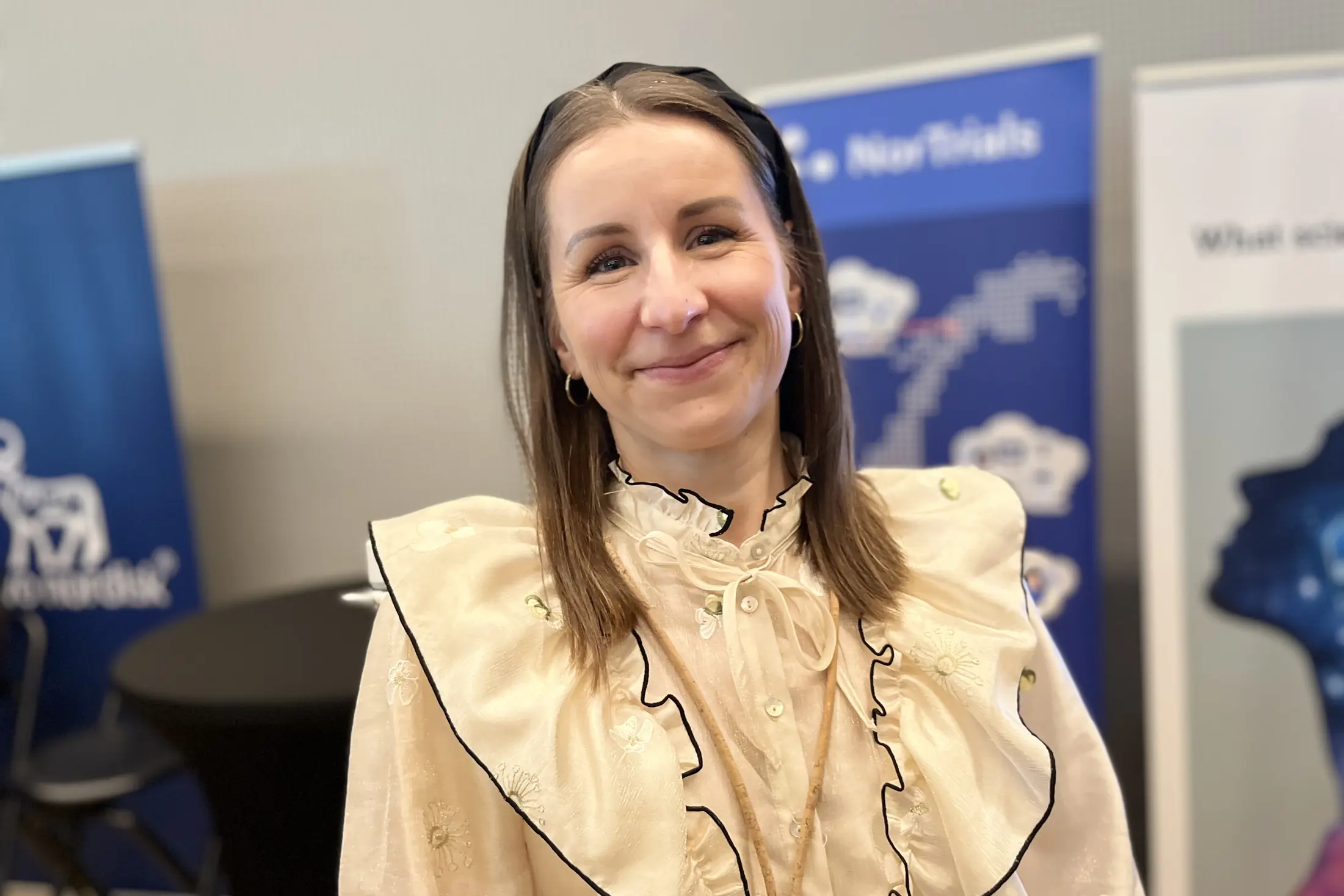The government's new cancer strategy: - Specified goals for clinical trials in the cancer field are important, as that is the driving force behind research in Norway.
The government's new cancer strategy sets ambitions for the cancer field for many years ahead, including the goal of doubling the number of cancer patients participating in clinical trials.

The 40-page strategy, named Joint Effort Against Cancer 2025–2035, builds on the current cancer strategy Living with Cancer 2017–2022. The strategy provides guidelines for cancer care to the government, the healthcare system, and other sectors that can contribute to achieving the strategy's goals, as stated in the introduction.
The cancer strategy has five focus areas:
1. Norway shall be a leader in cancer prevention and early detection.
2. Norway shall be a leader in providing excellent patient pathways.
3. More patient-centered cancer care.
4. More people shall survive and live longer with and after cancer.
5. The best possible quality of life for cancer patients and their families.
- These focus areas are aligned with the priorities in the EU's cancer plan, and we have sought to concretize them through what I call the decade goals. These areas will be particularly important for advancing the cancer field, helping to reduce the number of cancer cases, and ensuring that people with cancer survive and live longer with the best possible quality of life, writes Minister of Health and Care Services Jan Christian Vestre.
Several screening programs and more patients in clinical trials
Among the initiatives promoted is the introduction of national screening programs for lung and prostate cancer, as well as a goal to eliminate cervical cancer. Additionally, all cancer patients will have access to a Comprehensive Cancer Centre or a Cancer Centre, and all cancer patients will, when relevant for treatment decisions, be offered genetic testing as part of an effort to make Norway a leader in precision medicine.
Another goal is for the number of cancer patients involved in clinical trials to double.
In strategy goal 15, it states:
The goal is for twice as many cancer patients to participate in clinical trials. A rough estimate suggests this would amount to approximately 15 percent, but there will be variations in the number of patients involved depending on the type of cancer. By participating in clinical trials, patients can access new treatments and contribute to the development of new knowledge. For healthcare professionals, the opportunity to engage in research and professional development is motivating. The government aims for clinical research to be an integrated part of all patient care and clinical practice. The government seeks to continue the long-term investment in clinical trials and will further develop the National action plan for clinical trials in 2025. Access to clinical trials should be considered early in the treatment process for patients who may benefit from it. Participation in clinical trials will be relevant at all stages of cancer disease. The goal is to ensure equitable opportunities for participation in clinical trials, regardless of cancer type, age, gender, ethnicity, and geography.
Åslaug Helland, head of the NorTrials Cancer Centre at Oslo University Hospital, is positive about the new strategy.
-Clinical trials are important for cancer patients, as they may gain access to new and promising treatments. It is good that the new strategy has a clear goal for an increase, showing that this will be a priority moving forward. Research groups in Norway are eager to participate in clinical trials, which require resources and prioritization within the healthcare system, she says.

Signe Øien Fretland, head of the NorTrials coordinating unit, supports the government's ambitions.
-A significant portion of clinical trials ongoing in Norway is in the cancer field. With clear goals from the government in a strategy that supports the National Action Plan for Clinical Trials, we will have more powerful message to increase the total number of clinical trials, says Fretland.

Norwegian cancer research should be world-leading
The Cancer Strategy also emphasizes the importance of international cooperation.
In strategy goal 14, it states:
The goal is for Norwegian cancer researchers to remain world leaders in certain areas and achieve success in both national and international research and innovation funding calls. This is important because high-quality, relevant research and innovation provide services with new knowledge about cancer diagnosis and treatment, and society gains more insight into cancer prevalence in the population and how to prevent cancer. Norwegian researchers should have broad international research collaborations that contribute to the global knowledge base. Researchers in Norway should play an active role in important EU initiatives in the cancer field, such as the EU's cancer plan and Cancer Mission. Collaboration with researchers from other countries can offer valuable insights that help optimize cancer treatment, even across borders and continents. That Norwegian researchers are active participants in conferences and recognized international experts can foster increased collaboration with the health industry in clinical trials.
The Norwegian Cancer Society is pleased with the new strategy.
-We have been waiting a long time for this strategy, and we are very pleased. The strategy has clear priorities and high ambitions. Such a large and important cancer strategy is binding, so now we expect to see a clear impact in future budgets and assignments, says Assistant Secretary General Ole Alexander Opdalshei on the Cancer Society's website.
The article was translated from Norwegian to English using ChatGPT and edited by Signe Fretland.